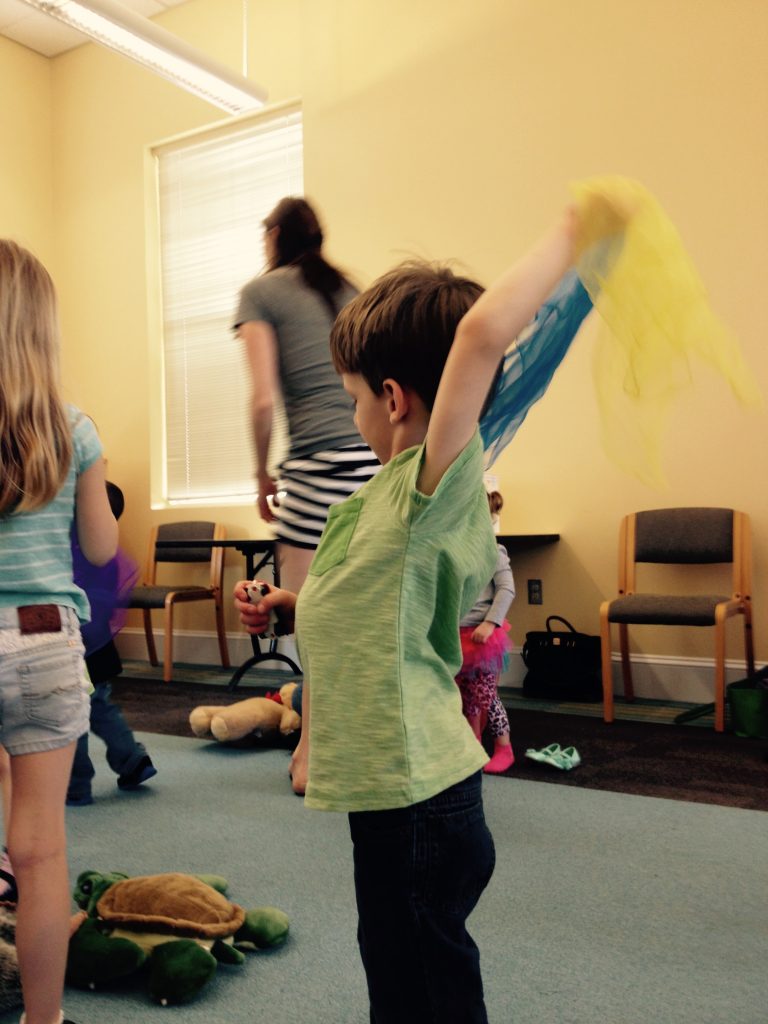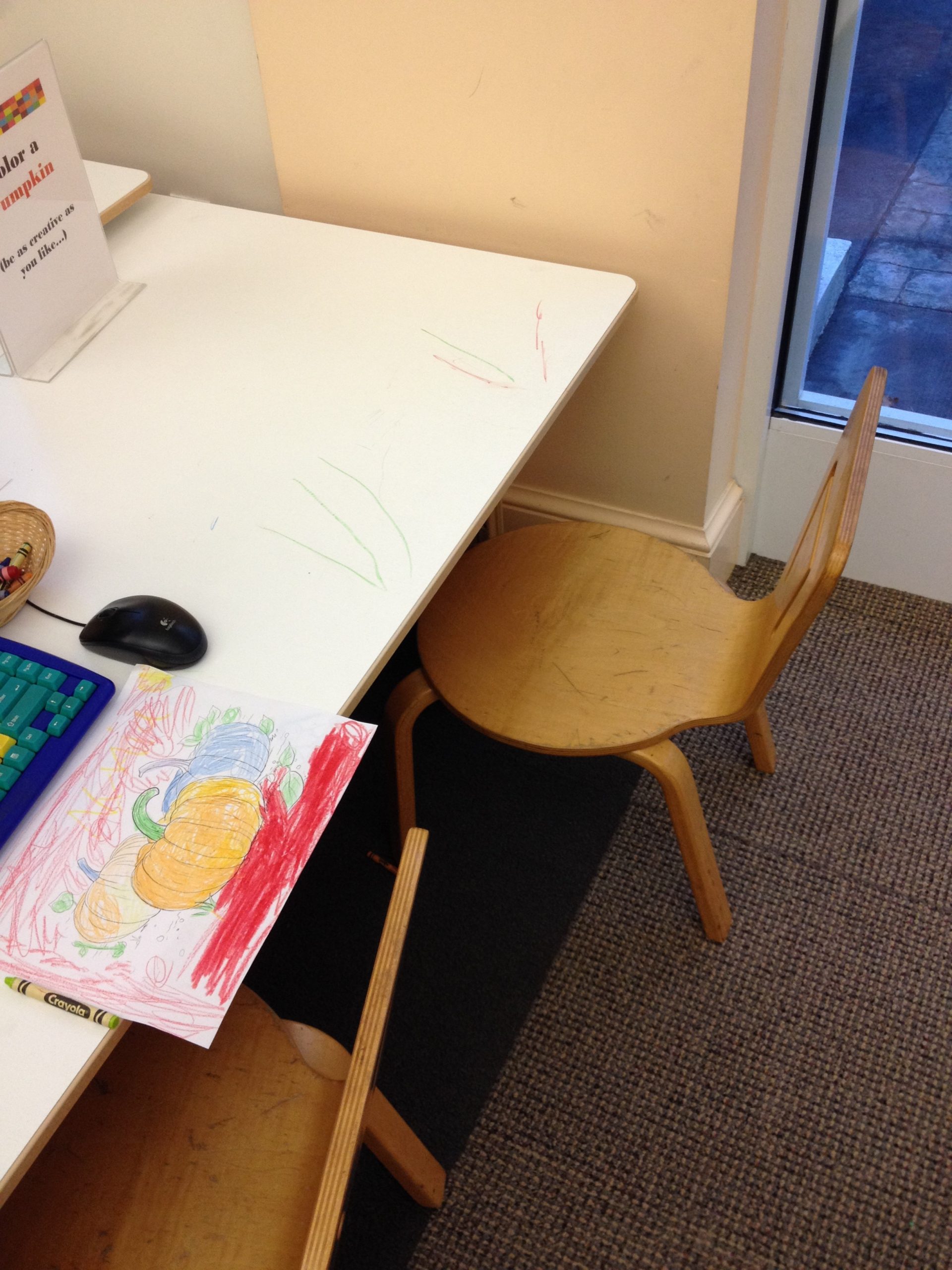The learning styles of individual students are a concern. The theory of a students’ mode of learning is beneficial to their success is incorrect. This theory has no evidence to back it up.
Teachers use different learning styles to accelerate student learning. The theory of learning styles is popular because educators may not know that science disproves the theory. The cause is a misinterpretation of the theory. Students indeed have different learning modes that they favor. However, no research states students learn better with the use of their particular learning mode.
Daniel Willingham, a psychologist at the University of Virginia states, “there’s evidence that people do try to treat tasks in accordance with what they believe to be their learning style, but it doesn’t help them.” Furthermore, he concludes, “learning style theories have not panned out.”
Additionally, the Journal of Educational Psychology paper found no connection in reading or math between visual or auditory learners. The conclusion of the study shows no effect with lessons geared to auditory learners. Plus, it is best to focus auditory students on strengthening their visual word skills.
Learning Styles Exist
There is a difference between the way a student learns versus how students prefer to learn. Neither lead to effective learning. Also, how students study is not a learning style.
With little evidence of the benefit of matching teaching styles to learning styles, a variety of teaching methods is still best. Students must be able to explore and practice a variety of techniques to learn skills and content. A combination of stronger and weaker styles makes up a student’s true learning profile. Simply, it is not one or the other, it is all together.
Reality has it that learning styles do exist. However, there are many ways to learn new material. Students do not learn only one way and they have preferences to how they learn. However, the preference does not always provide better learning. A focus on a student’s strengths and weaknesses lead to better learners.




